Meeting Room Booker: A Complete Guide for Modern Workplaces

Meeting room booker software is currently in high demand. Companies need organised meeting room management to ensure spaces are used efficiently, and employees can work without disruption.
Collaborative Working Spaces: Types and Best Practises
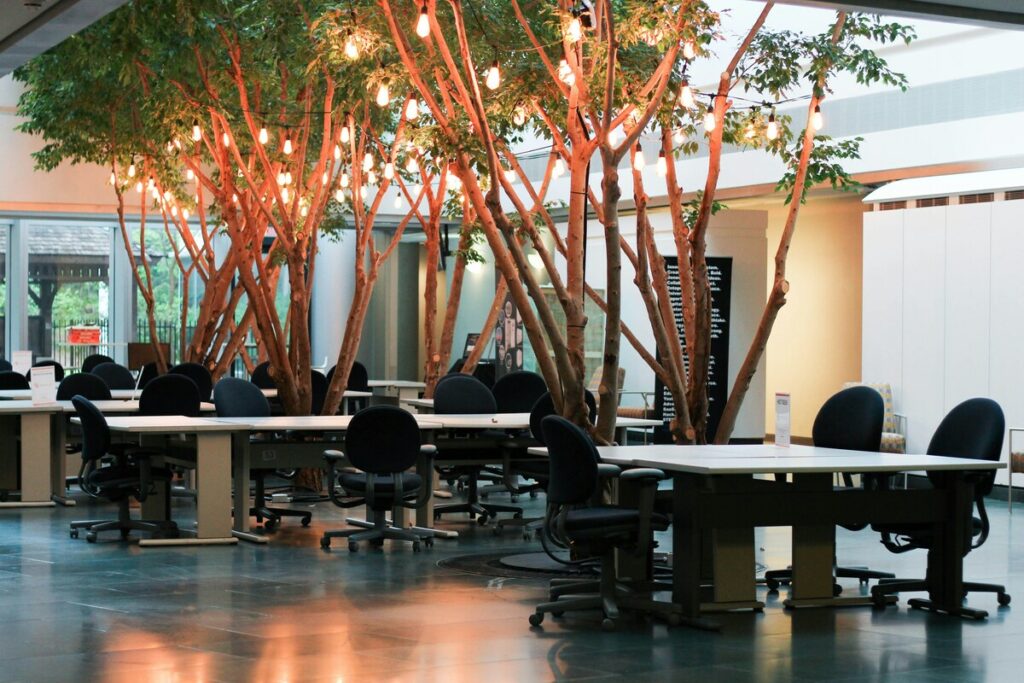
The trend of collaborative working spaces is growing as organisations look for ways to foster teamwork and creativity. These spaces allow people to come together, both in person and remotely. The environment makes it easier to share ideas, solve problems, and innovate.
There are many different types of collaborative working spaces for various activities. Let’s explore these types and their benefits and challenges.
Office Cubicle: Privacy, Productivity, and the Comeback
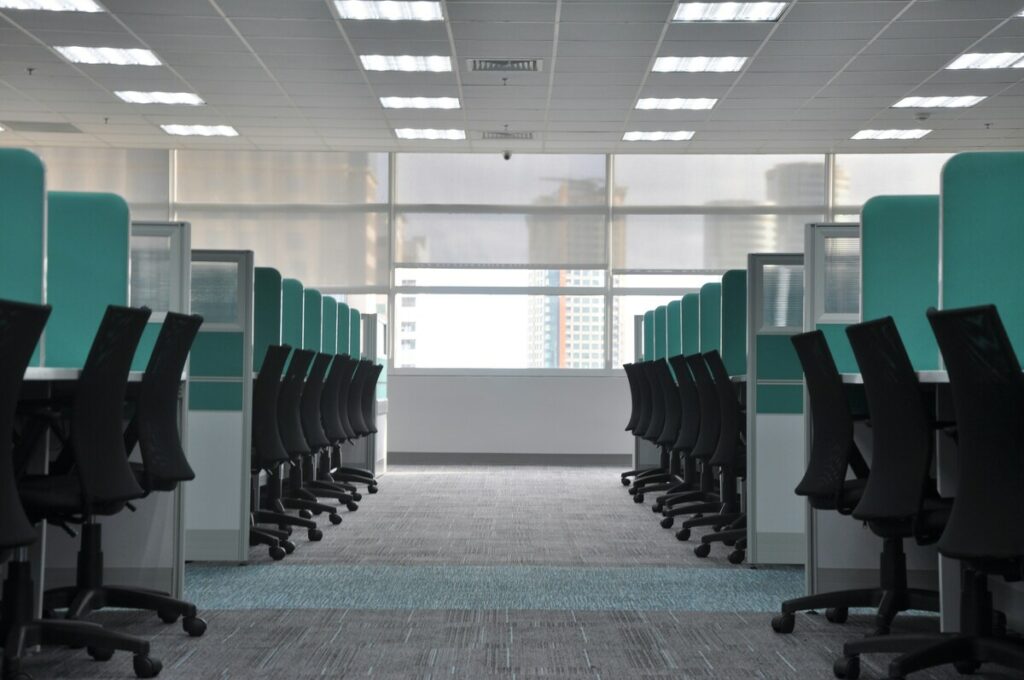
Office cubicles have shaped workspaces for decades. Originally designed to boost productivity and offer private workspaces, cubicles have a fascinating history. Once praised and then abandoned, cubicles are making a comeback. With hybrid work now the norm, companies need adaptable spaces. Cubicles could be the answer to blending privacy and focus with modern design.
Workplace Experience: What Is It and How to Improve It?

Workplace experience is one of the key factors in every successful company. It’s about creating a work environment where employees feel comfortable, productive, and valued. This can boost employee satisfaction and productivity, reduce turnover, and build a strong company reputation.
Resource Bookings: Managing Your Office Efficiently
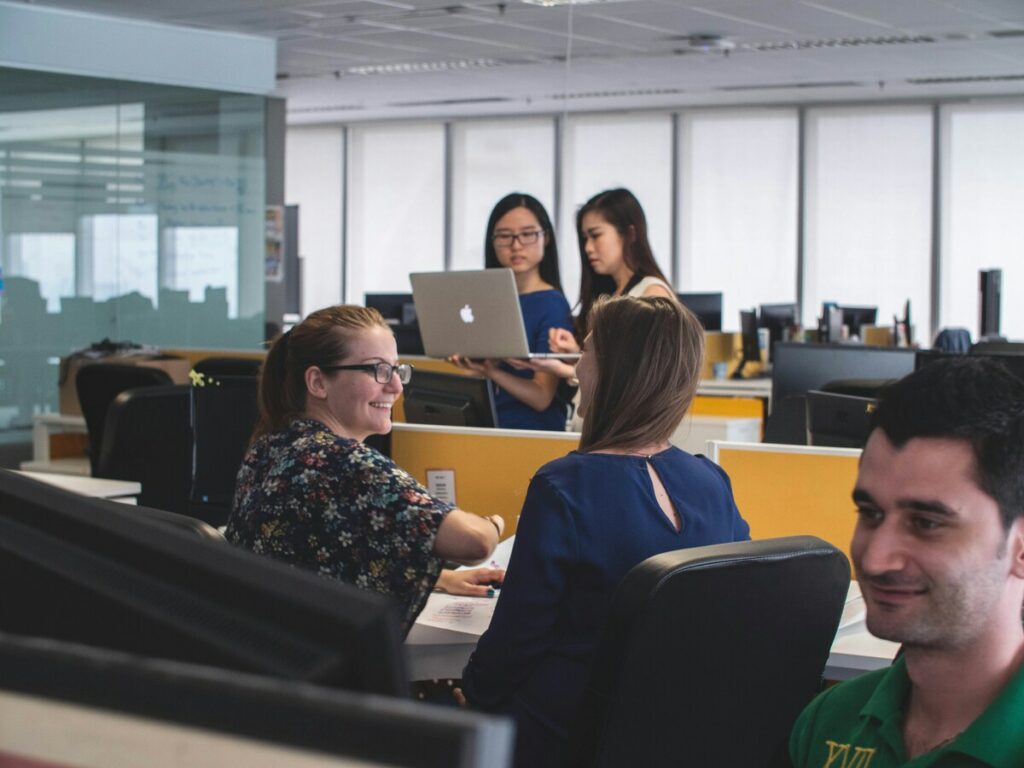
Effective resource bookings have become essential as more workplaces shift to hybrid models. Today, organisations need effective ways to manage office spaces. Desks, meeting rooms, lockers and even parking spots must be available when employees need them. Without a solid resource booking system, spaces may be underused, overcrowded, or simply unavailable.
Office Manager’s Role: Leveraging Tech in Hybrid Workspaces
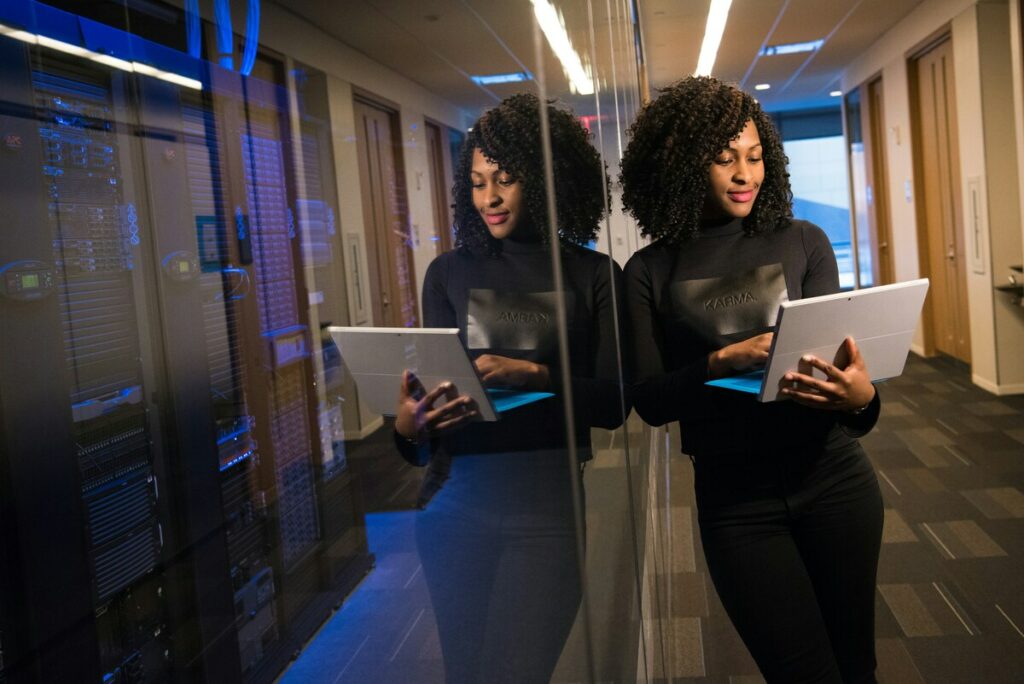
Traditionally, an office manager focused on handling office supplies, scheduling, and managing daily operations. However, the shift to a hybrid work model has expanded the role to include strategic responsibilities. And now they need to shape company culture and optimise the workplace.
How to Choose the Right Conference Hall Booking System?
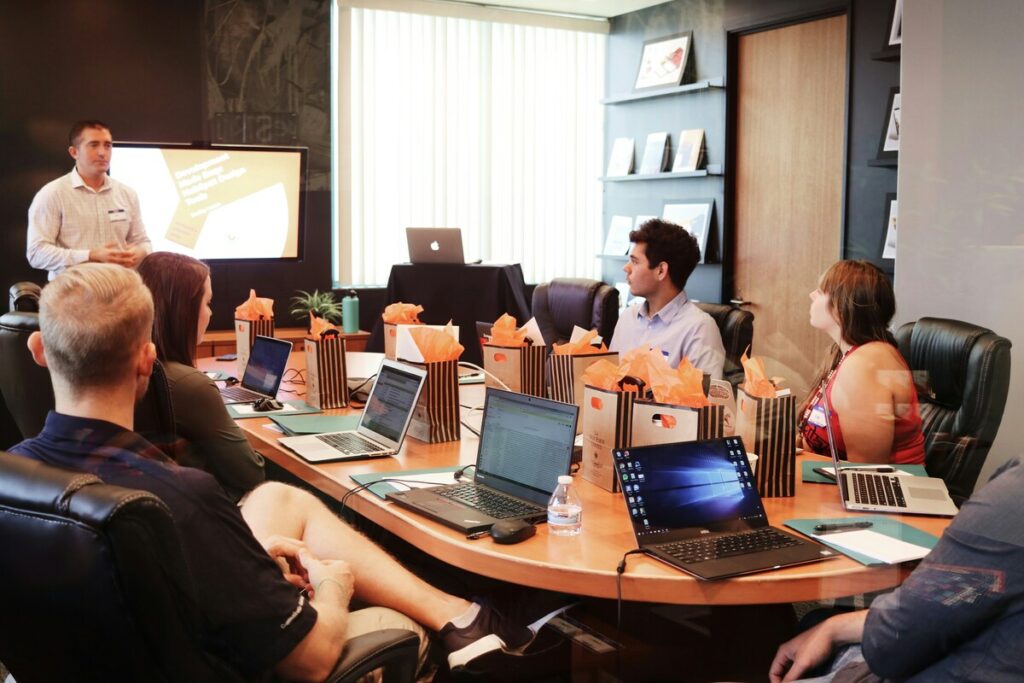
A simple conference hall booking system can be a game-changer for any organisation. It helps employees easily locate and reserve available meeting rooms. It prevents scheduling conflicts and can optimise office space utilisation. That is particularly valuable in hybrid workplaces where employees frequently move between remote and in-office locations.
Booking Tablet: Solution for Better Office Space Utilisation
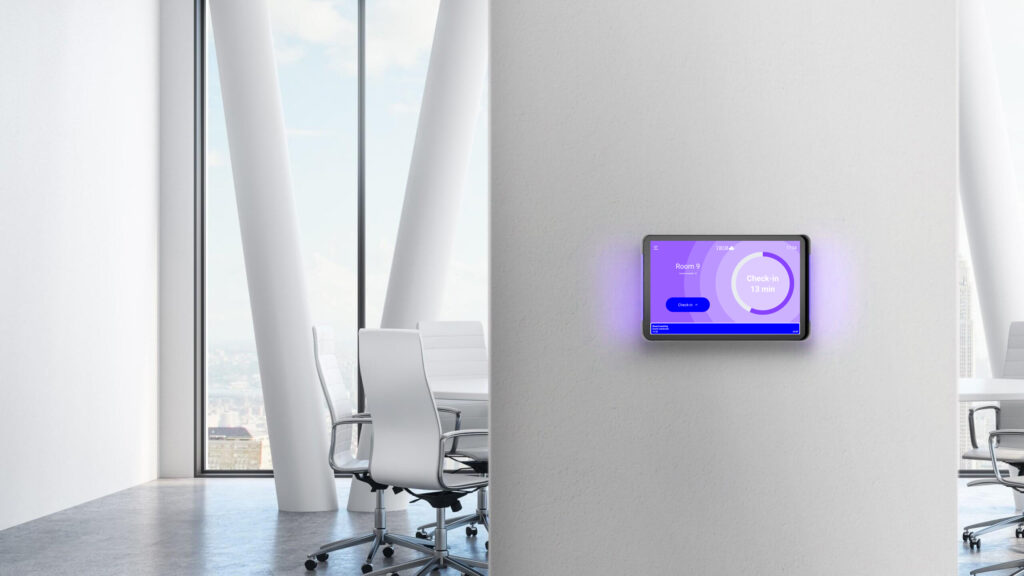
As workplaces evolve, the booking tablet has become an essential tool for businesses aiming to optimise their office space. The tablet helps companies manage workspaces efficiently. Streamlining room reservations, reducing booking conflicts, and providing real-time availability enhances productivity and employee satisfaction.
Office Space Utilisation: The Key to Cost Savings

Office space utilisation is a crucial aspect of office management, which involves analysing and optimising how space is being used to maximise productivity and minimise wasted space and resources. According to JLL’s occupancy planning trend report, 55% of prominent real estate teams aim to utilise office space between 70-89%. However, the current average utilisation rate across various industries is approximately 60%. Regularly monitoring and implementing effective strategies can provide insights into office space utilisation. Identifying areas of improvement can lead to cost savings, increased productivity, and an enhanced workplace experience for employees.
7 Types of Workplaces: Which Model Suits Your Business?

The world of work has changed, and today, different types of workplaces are designed to meet modern needs. Businesses seek more flexibility. And employees want options for where and how they work. Whether it’s a traditional office, a remote setting, or a hybrid model, the workplace is no longer limited to just a desk or cubicle.
